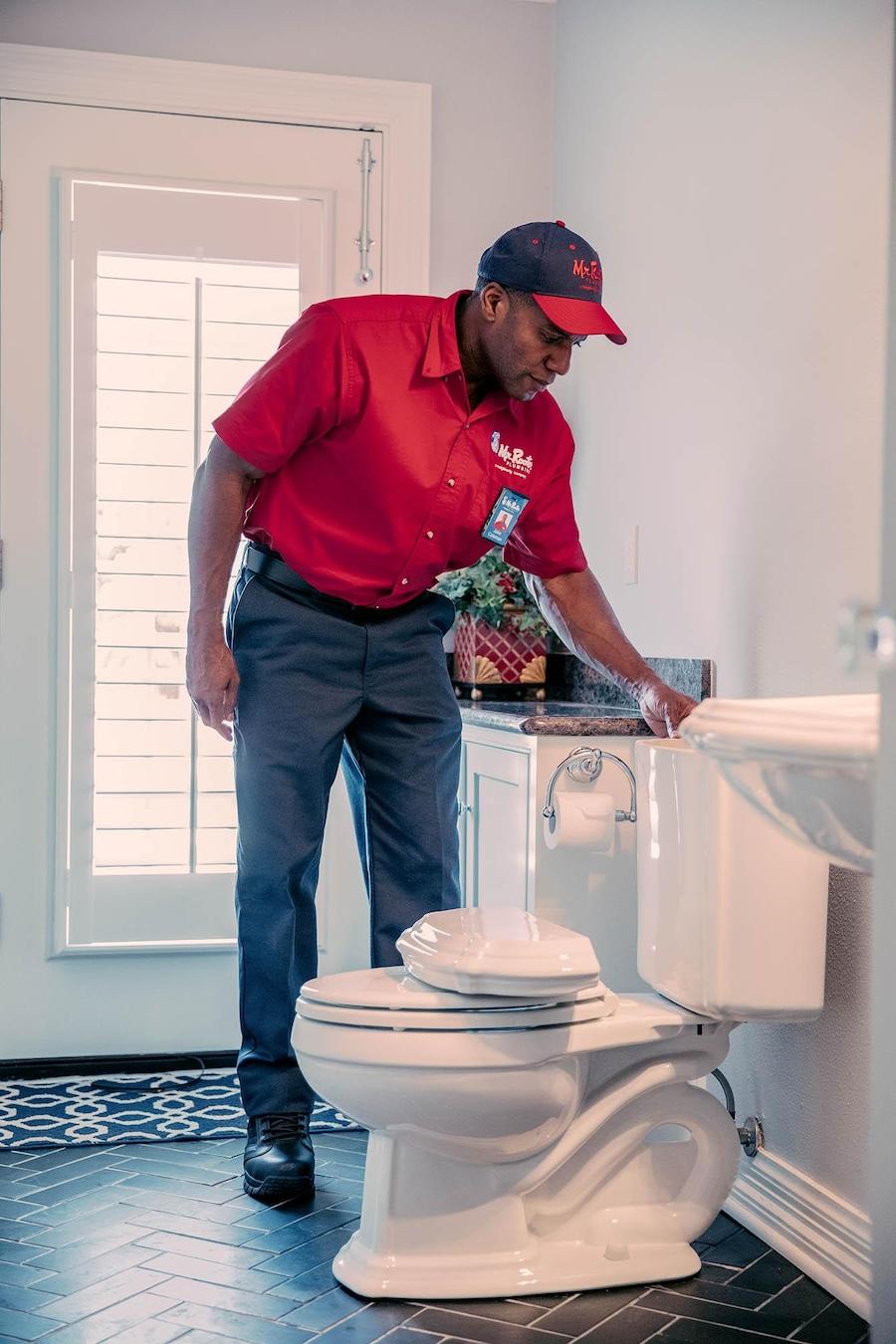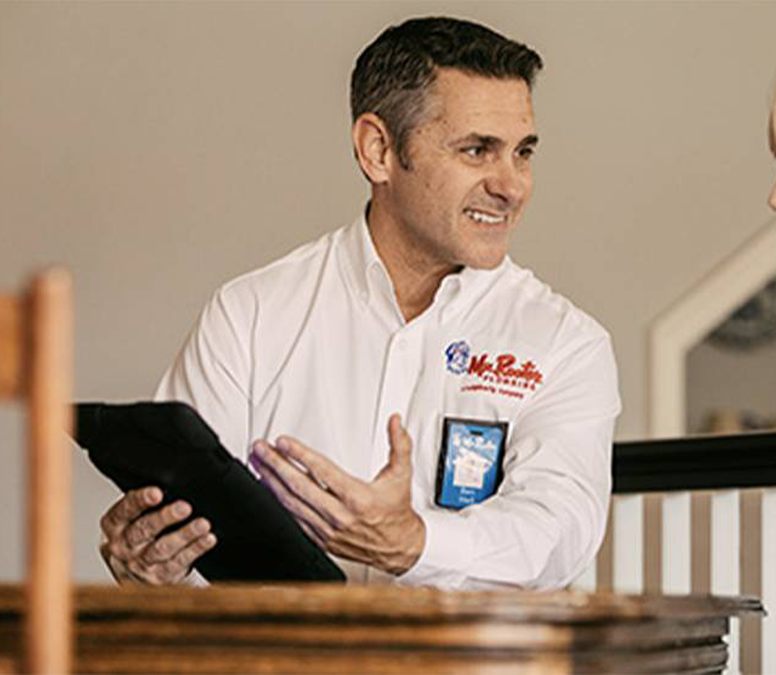Call This Tuesday to Get $50 Off Any service over $500
Do You Need a Local Plumber in Waco, TX?
Call us Now to Get $35 OFF.
Call This Tuesday to Get $50 Off Any service over $500
Do You Need a Local Plumber in Waco, TX?
Call us Now to Get $35 OFF.

In an age where convenience seems to trump caution, it's common to forget that toilets are designed for a very specific purpose. Contrary to popular mistake, toilets are not all-purpose disposal systems but are meant solely for human waste and toilet paper. Misuse can lead to significant environmental and infrastructural damage, such as the notorious "fatbergs" that plague sewer systems.
In this brief article brought to you by Mr. Rooter Plumbing, we shed light on some things you should especially never flush down the toilet. Again, anything other than toilet paper, pee, and poo are a no-go, but the following are especially risky.
Before we get into the specifics of what not to flush, it's important to understand why toilets cannot handle certain items. The plumbing systems in our homes are designed to transport water and waste to treatment facilities. When non-biodegradable items are flushed, they can clog pipes, damage sewage systems, and cause overflow, leading to costly repairs and environmental harm.

If you have made the mistake of flushing non-biodegradable items down the toilet, and are now looking at a clogged toilet, then keep calm and call Mr. Rooter Plumbing. We can have a uniformed plumber dispatched to your home or business today.
In addition to toilet repair, the plumbers at Mr. Rooter Plumbing also offer a wide range of plumbing service. Whether you need the drain line cleaned or a brand new toilet installation mounted, our time-tested professionals are here to help.
No matter where you live in Texas, you know how unpredictable the weather can be.…
A common nuisance in many homes is a dishwasher that won’t drain, resulting in dirty…
Got multiple slow drains at home? Well, you’re not alone. Slow drains happen to almost…